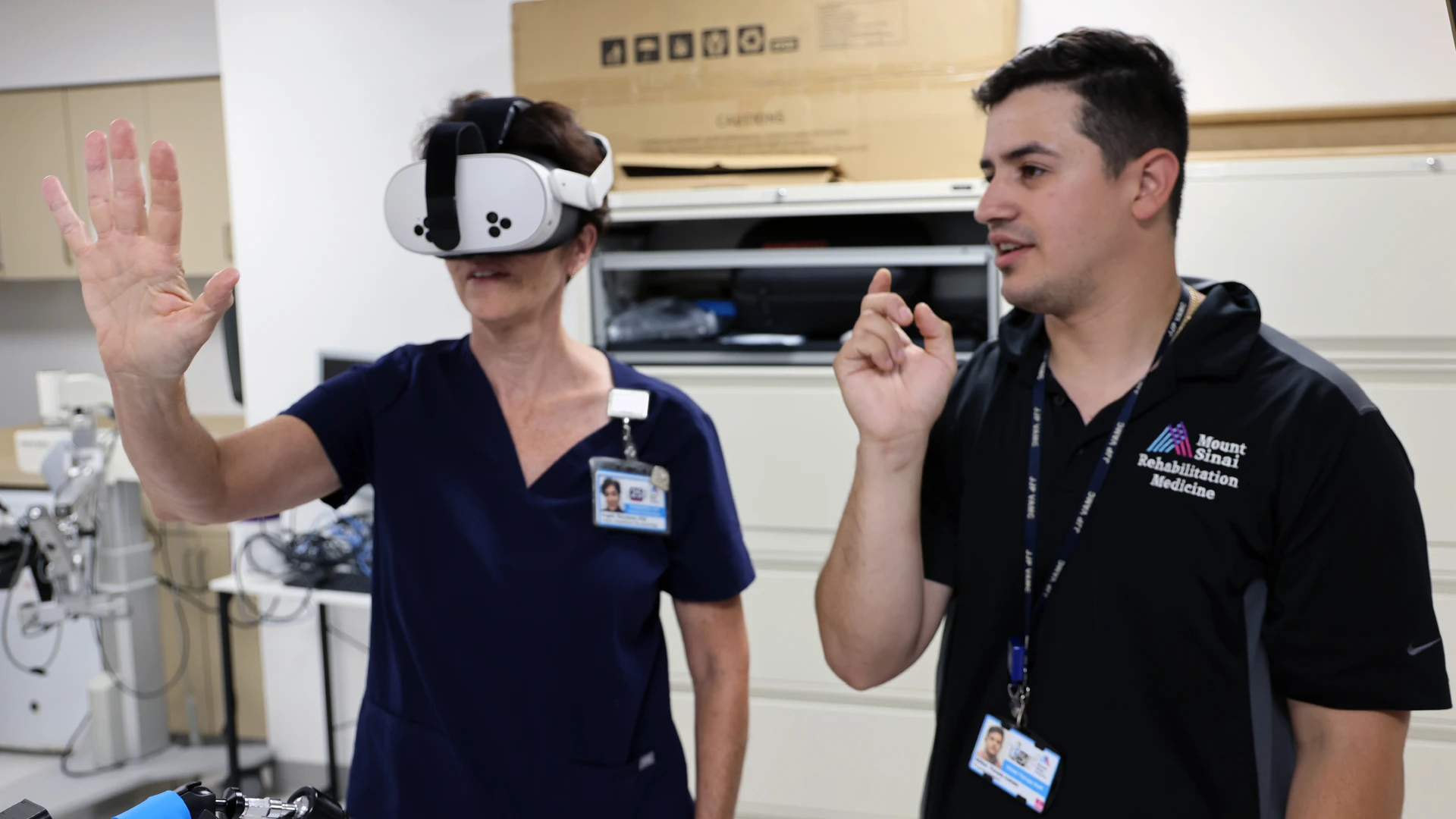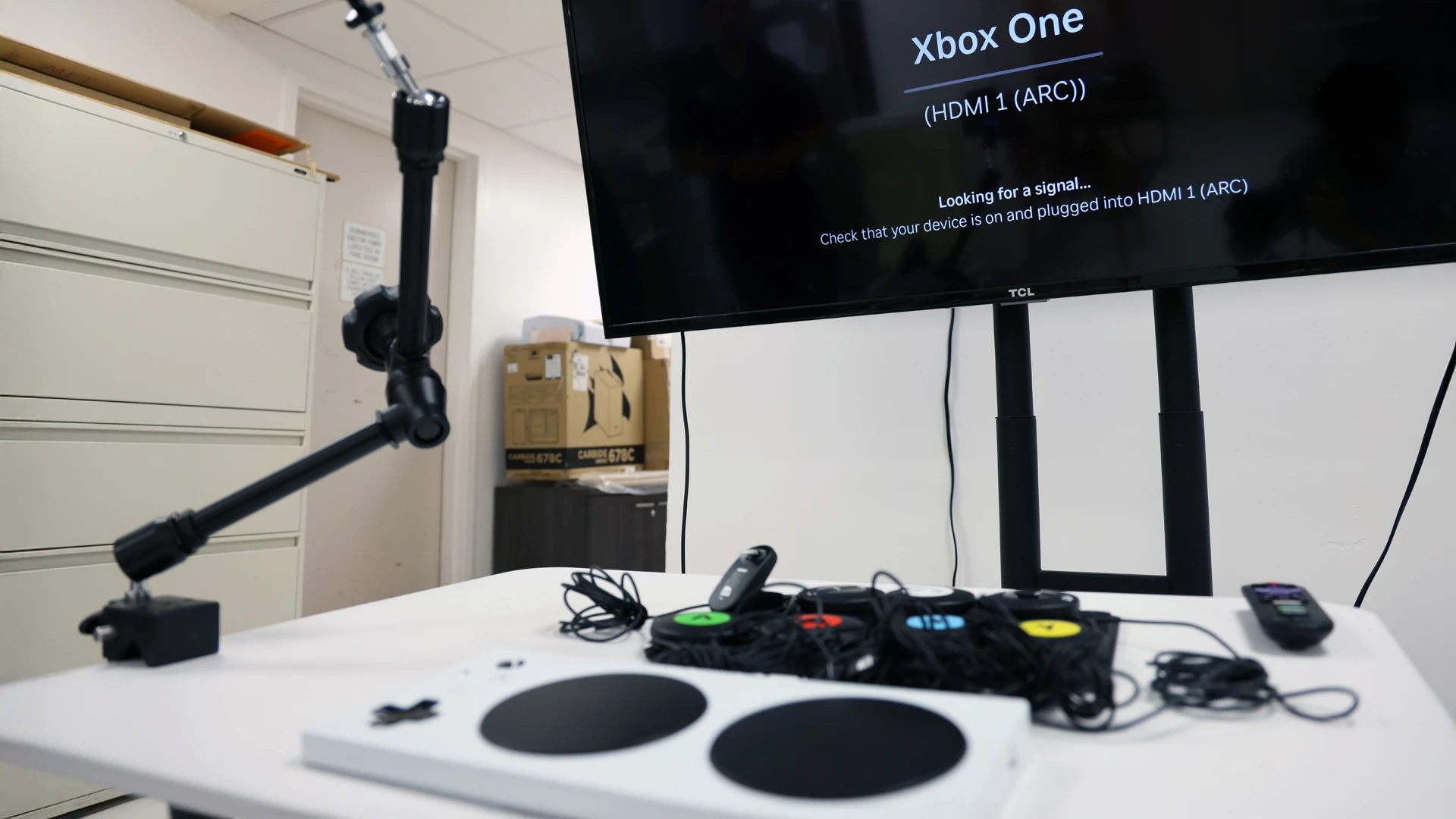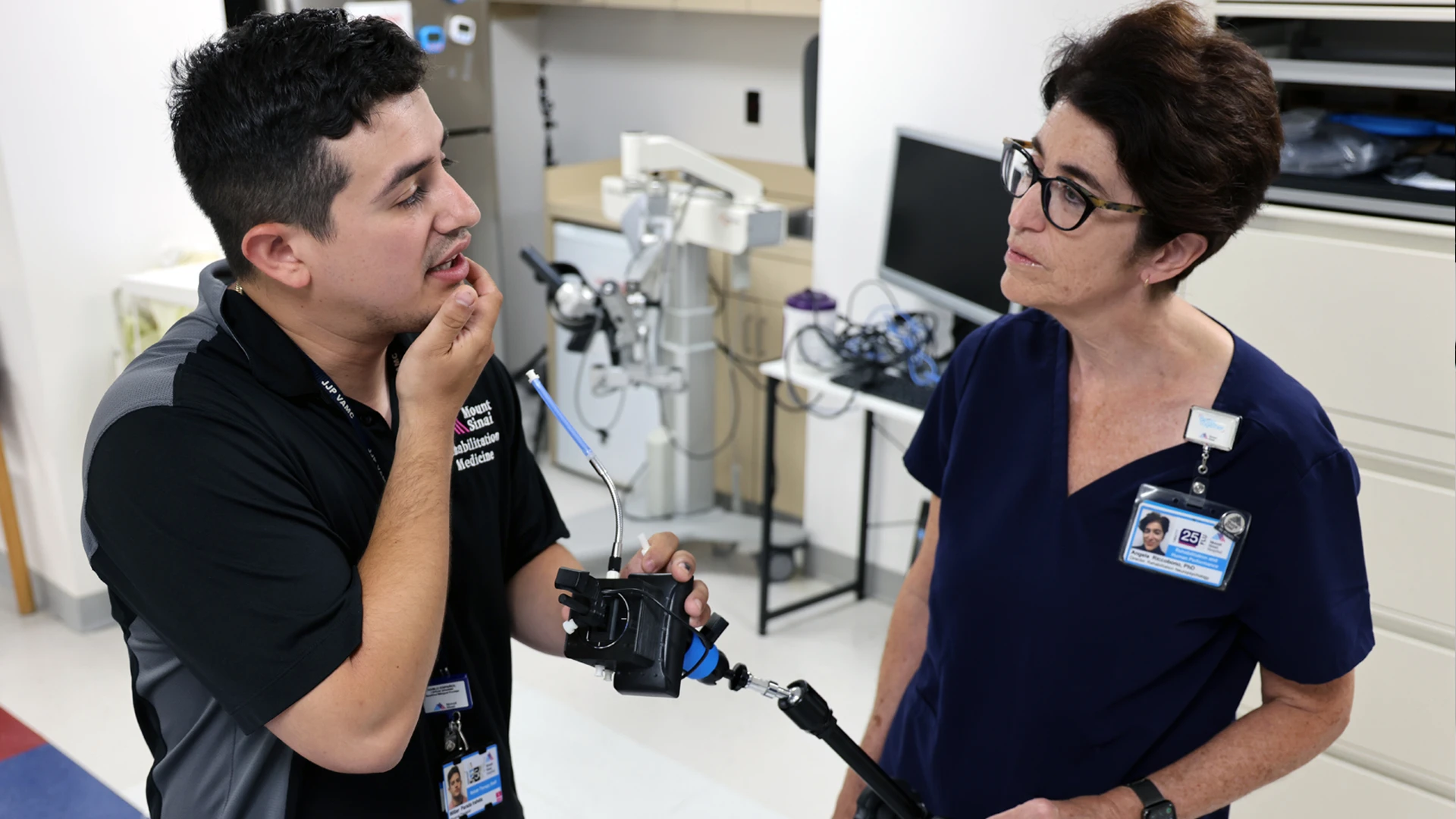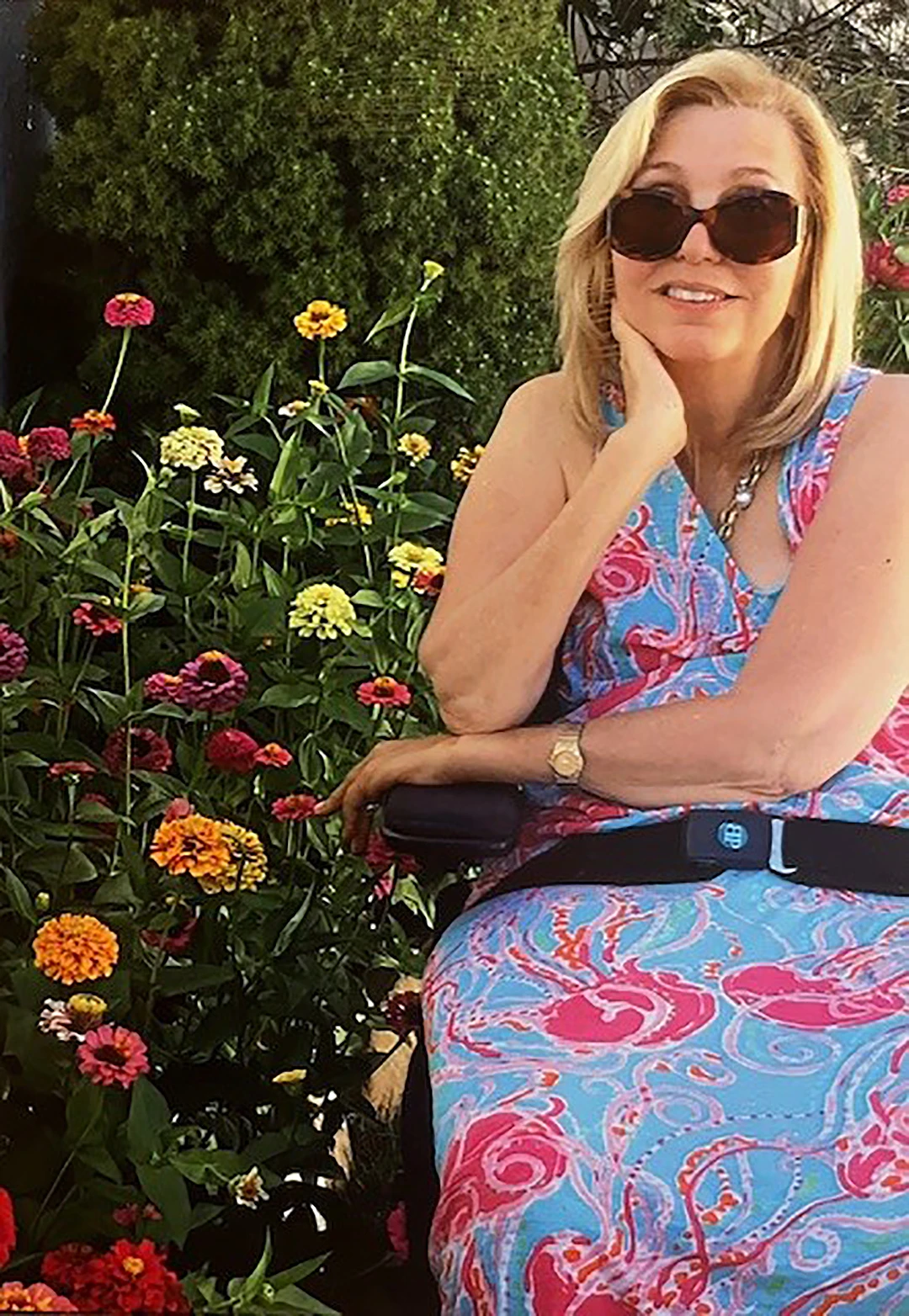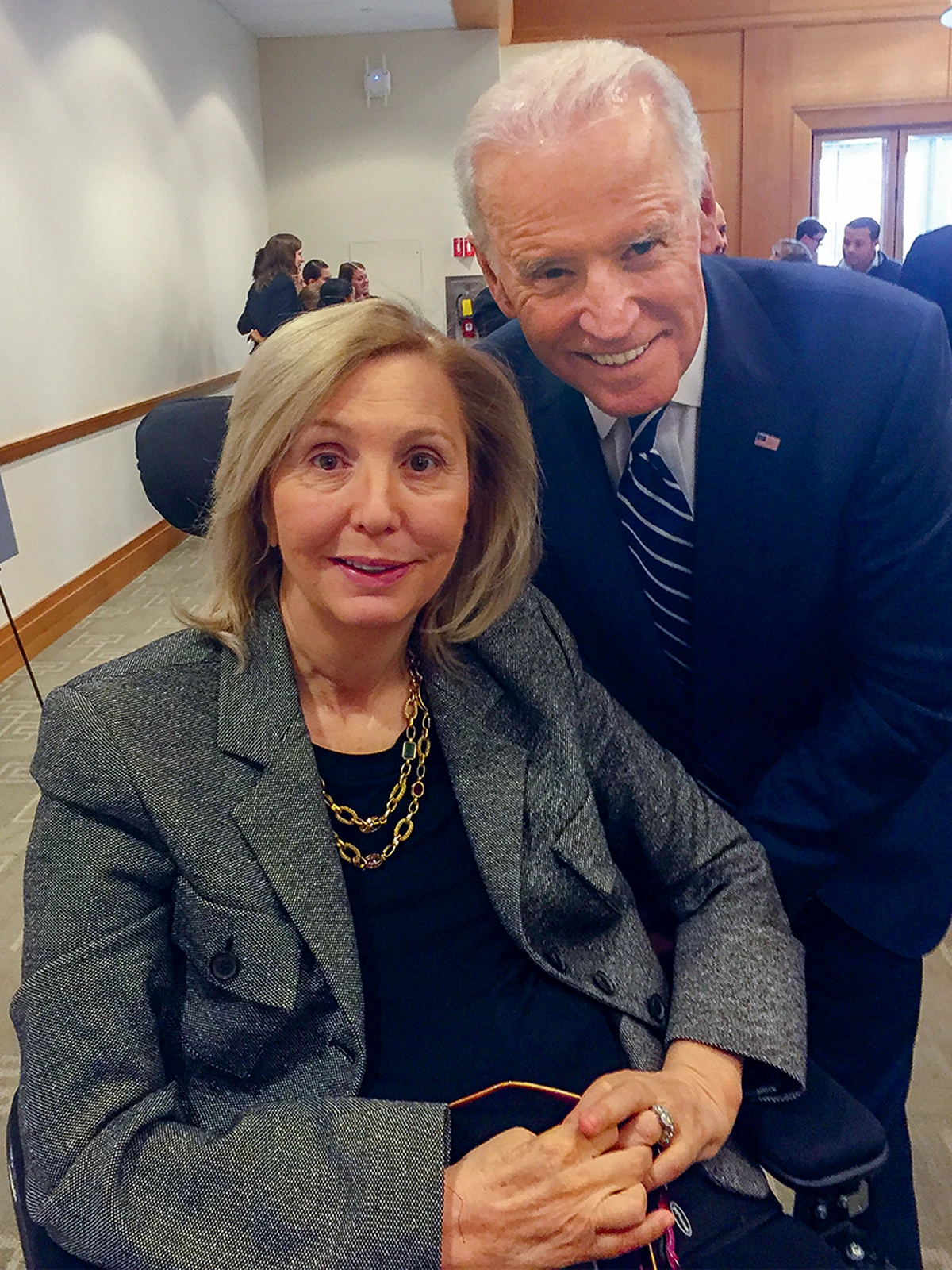When Angela Riccobono, PhD, Associate Professor of Rehabilitation and Human Performance, met Nancy Lieberman, neither anticipated the implications this encounter would hold for themselves and for the numerous future patients with spinal cord injuries.
Inspired by the late Ms. Lieberman’s tenacity to get “back to life” after a disabling accident, and with help from a gift from the Lieberman family, Dr. Riccobono was energized to establish the Back-to-Life Center, a groundbreaking space within the Mount Sinai Health System. The Center is designed to empower newly injured and long-term patients through access to state-of-the-art assistive technologies, peer engagement, and personalized support. She believes it is a first-of-its-kind hub to help individuals with disabilities overcome the barriers to accessibility and inclusivity through unique interventions and supports.
The Woman Who Inspired It All
In early 2008, Ms. Lieberman, a successful mergers and acquisition lawyer, was flown to The Mount Sinai Hospital for rehabilitation from Telluride, Colorado, after she became quadriplegic due to a skiing injury while on vacation with her family.
Although Ms. Lieberman was on a ventilator and unable to speak, she was able to mouth a question about her future: Could she go back to work?
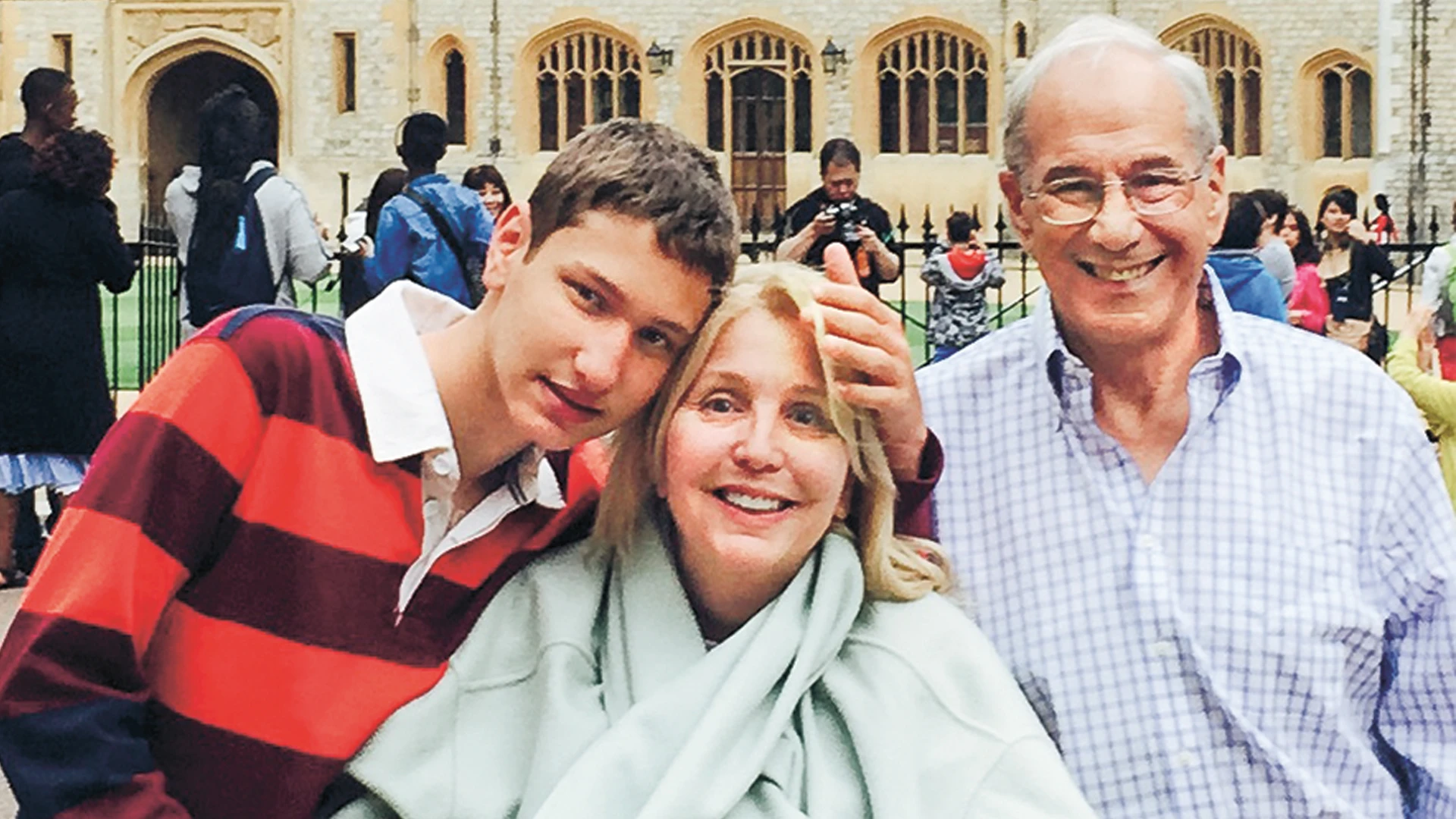
Nancy A. Lieberman (center), with her son, Eric (left), and husband, Mark Ellman (right), at Windsor Castle in England, in August 2015.
“I thought, ‘There is something about this woman that's different. “Can I go back to work” is not the first question patients typically ask,’” recalled Dr. Riccobono, who is also Director of the Rehabilitation Neuropsychology program. “I told her that it was possible.”
Less than a year after her injury, Ms. Lieberman returned to her position as a partner in her firm. But that was just the start of her journey of recovery. Ms. Lieberman was determined to live to the fullest. She began traveling the world with her husband and son, participating in everything from an African safari to a camel ride in Morocco.
“She had a tenacious spirit and a determination to figure things out,” Dr. Riccobono said. “I loved that about her, and everyone who knew Nancy admired that about her.”
When Ms. Lieberman passed away in April 2023 from complications related to pneumonia, Dr. Riccobono wanted to keep her spirit alive. She approached the Lieberman family with an idea that drew inspiration from Ms. Lieberman’s refusal to accept barriers.
“Nancy used to get frustrated upon learning that almost 80 percent of people do not return to work, school, or travel following a spinal cord injury,” Dr. Riccobono said. “I told them I wanted to start a center to help people see what’s still possible and reimagine what a life with disabilities can look like, just as she did.”
The Back-to-Life Center
Thanks to a $3 million gift from Ms. Lieberman’s husband, Mark Ellman, the idea for the Back-to-Life Center became a reality. It is planned to open this fall at The Mount Sinai Hospital.
“Our goal is to keep hope alive from the very beginning,” Dr. Riccobono said. “That means showing patients that, no matter how much they have lost, there is still plenty of life left to enjoy, and we are going to show them how.”
The Center will offer comprehensive services consisting of an inpatient assistive technology lab and loan bank, an innovative space where newly injured patients explore and trial cutting-edge accessibility options and voice recognition software, such as virtual reality headsets and mouth pads that enable them to control a computer using their tongue. Patients can borrow these technologies through the loan bank.
“We want them to reimagine what’s possible, from going parachuting to playing video games and accessing social media,” Dr. Riccobono said. “That way, they leave the hospital with a mindset that says, ‘I can.’”
This mindset is further reinforced through the Center’s commitment to hiring coaches and mentors who have spinal cord injuries, so patients can see that it is possible for them to return to their jobs or to school. A notable hire includes the Center’s director, Steve Spohn, who has spinal muscular atrophy.
The Back-to-Life Center outpatient space enables patients to progress beyond basic technology trials and receive additional hands-on education and training, attend programming and workshops, and meet individually with counselors, peer mentors, and coaches. Patients can also participate in programming such as “Nancy Talks”—which Dr. Riccobono describes as TED-style talks for people with disabilities—and workshops on a wide range of topics from returning to work to intimacy.
“A big component of these workshops is going to be managing trauma and emotional healing, because without that, you really cannot move forward,” Dr. Riccobono said.
The opening of the Back-to-Life Center this fall will be a soft launch to assess how well it meets patient needs. The team plans to refine and scale up operations based on feedback and provide a model for other rehab centers to follow.
Meanwhile, Dr. Riccobono is working to honor Ms. Lieberman’s spirit in other ways, including raising the necessary funds to have the Center officially named the Nancy Lieberman Back-to-Life Center. There are also plans for a free adaptive gardening program—one of Ms. Lieberman’s passions.
“We want to continue creating novel ways for people to experience joy after injury and realize their potential,” she said. “Nancy would have loved that.”
Featured
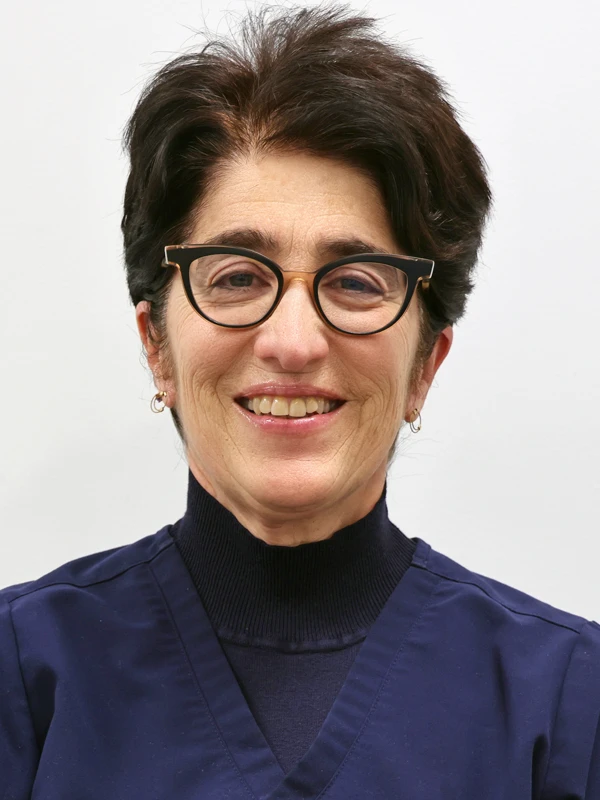
Angela Riccobono, PhD
Associate Professor of Rehabilitation and Human Performance, Director of Rehabilitation Psychology/Neuropsychology program
